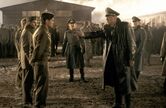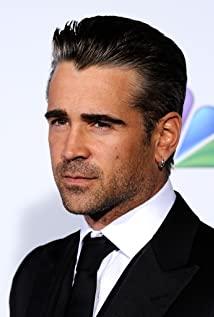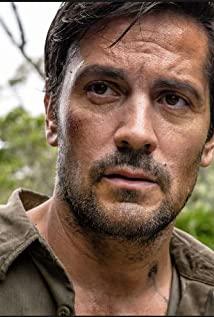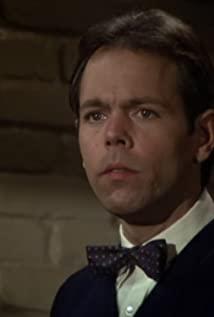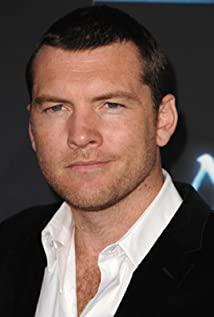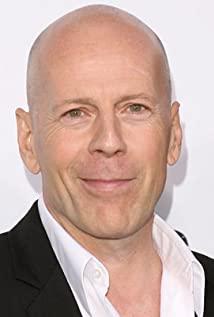Hart's War evaluation action
2021-12-25 08:01
Due to issues such as military trials in prison camps and racial discrimination within the US military fighting against the Nazis, the film did have a breakthrough in the subject matter and did not fall into the stereotypes of general World War II movies. But the problem is that the film’s director seems to have slipped a little too far in the process of pioneering a new path, which inevitably makes the audience wonder at the plot while also doubting its authenticity. Until the film’s finale, the audience has been ignorant of Willis’s role as good, evil, loyal and loyal, and it’s impossible to judge what seems to be a sudden plan for him. This kind of non-preparation has resulted in character behavior. The lack of logic also shows that the choreographer is strange and peculiar. Another unusual or incomprehensible aspect of the film is that although the title is "Hart's War", the true protagonist and the hero of the film is undoubtedly William McNamara played by Willis. Colonel.
In addition to the war between justice and injustice, "Hart's War" also adds elements of human nature, honor, sacrifice, justice, etc., which deepens the depth of the film and is even more thought-provoking. The film uses the ups and downs of personal fate in the war to expose the nature of war. Throughout the film, the director selectively put aside personal justice and evil, did not deliberately vilify the German soldiers, but through racial discrimination, democracy and human rights, the two sides of the war under the common values. Using values as a link, linking the enemy and ourselves together, revealing the cruelty of war through the change of personal destiny in the war, and reflecting on the war from the perspective of human nature, is the ultimate meaning of the film.
Extended Reading
-
Staff Sgt. Vic W. Bedford: Take that you bastard!
Lt. Lincoln A. Scott: Careful Bedford. That's a nigger you're rooting for. Tail's painted red, that means he's 99th, right out of Tuskegee, boy.
-
Col. Werner Visser: Strange thing about war wounds- the older you get, the less proud of them you become.



